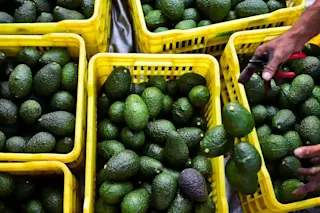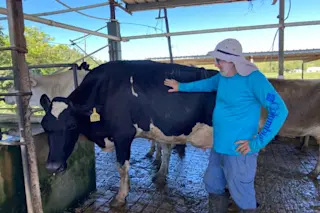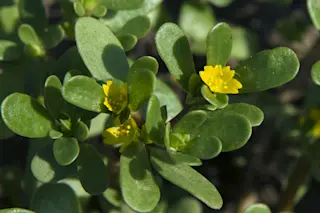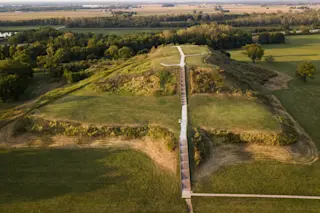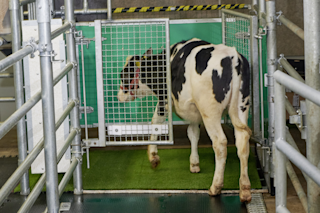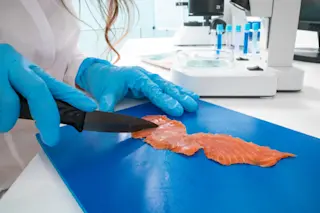The National Academy of Sciences (NAS) is embarking on a comprehensive study of genetically engineered (GE) crops. It will examine the historic development of agricultural biotechnology, assess the "purported" benefits and negatives of GE crops, review food and environmental safety issues, and explore where the technology may be headed. What is prompting such a deep dive into a thorny thicket? This:
Consumers in the United States and abroad get conflicting information about GE crops. Proponents tout the benefits while opponents emphasize the risks. There is a need for an independent, objective study that examines what has been learned about GE crops, assesses whether initial concerns and promises were realized since their introduction, and investigates new concerns and recent claims.
It so happens that the first public meeting for this study will be held today and tomorrow. More on this in a minute. First, let's review essential findings on crop biotechnology ...



